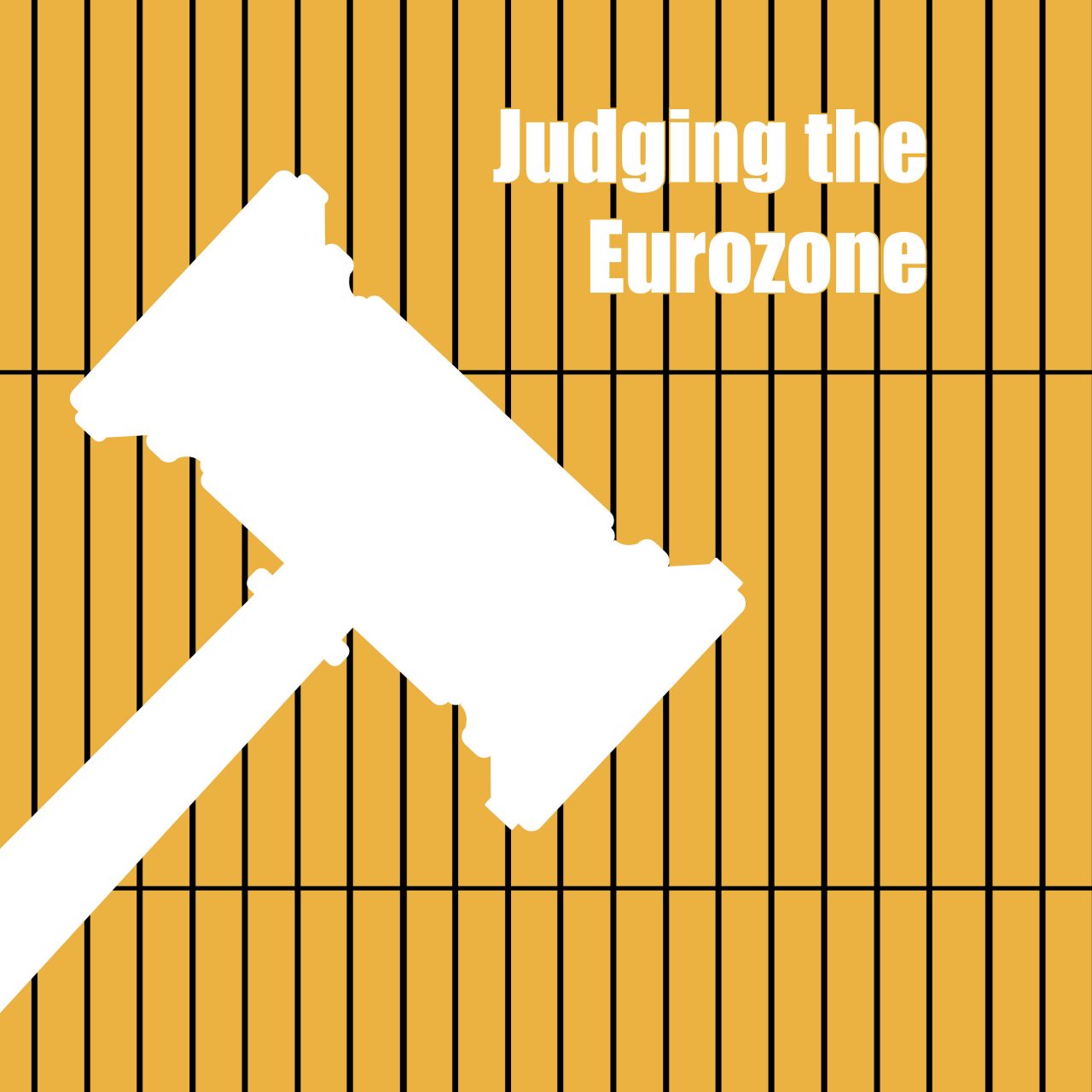Judging the Eurozone: The Role of National Courts and the European Court of Justice in adjudicating on Europe’s Economic and Monetary Union

Much of the EU’s constitutional evolution from the foundation of the single currency two decades ago to the present day has centred on Economic and Monetary Union (EMU). In the years following the onset of the sovereign debt and banking crises in the EU, the European Court of Justice (ECJ) was regularly called into action to adjudicate on matters pertaining to EMU, with important consequences for our present moment.
In this research paper, Professor Gavin Barrett of the UCD Sutherland School of Law notes that crisis-era ECJ rulings concerning general Eurozone developments necessitated rapid constitutional development of the EU’s legal and institutional frameworks. For example, the ECJ upheld the establishment of the European Stability Mechanism (ESM) in Pringle and confirmed the legality of the ECB’s Outright Monetary Transactions programme in Gauweiler.
